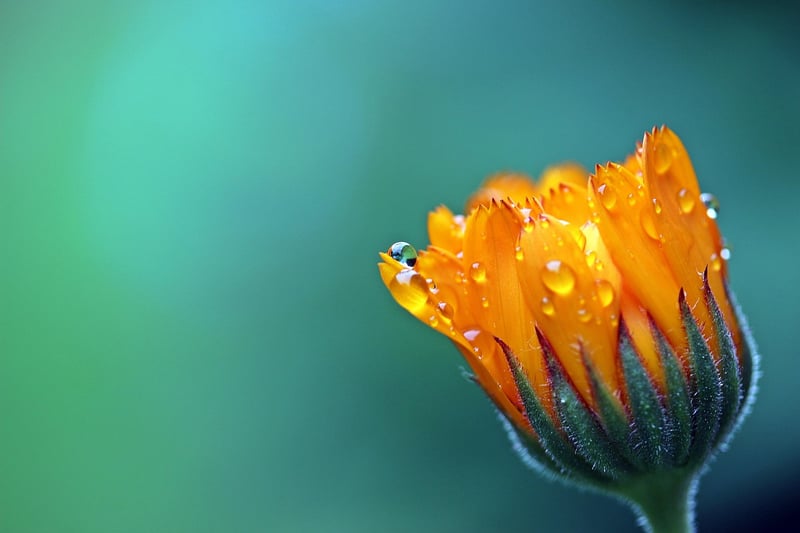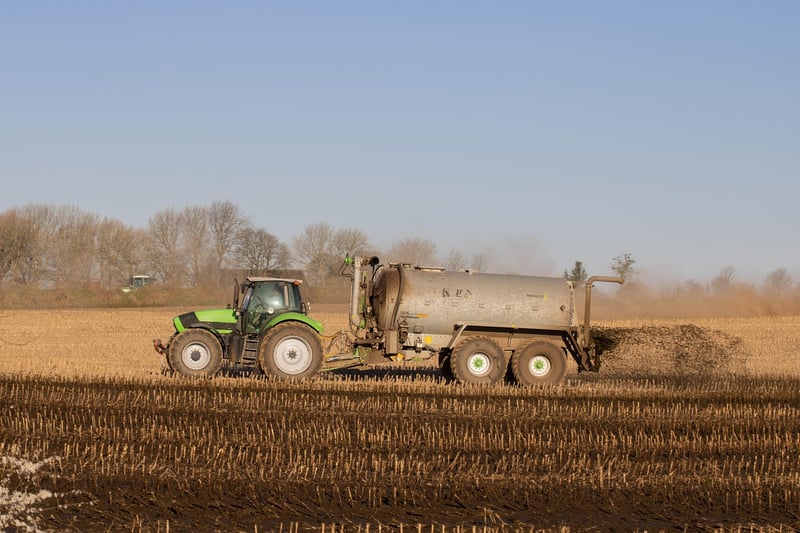Fertilizing Guidelines
Maintain Healthy Plants: Fertilizing Guidelines
Keeping your plants healthy and thriving requires proper care and attention, and one crucial aspect of plant care is fertilizing. Fertilizing provides essential nutrients that plants need to grow, develop, and resist diseases. Here are some guidelines to help you fertilize your plants effectively:
1. Understand Your Plants' Needs
Not all plants have the same nutrient requirements. Some plants may need more nitrogen, while others may require more phosphorus or potassium. Research the specific needs of your plants to provide them with the right nutrients.
2. Choose the Right Fertilizer
There are various types of fertilizers available, including organic and synthetic options. Select a fertilizer that matches your plants' needs and the stage of growth they are in. Slow-release fertilizers are great for long-term feeding, while liquid fertilizers provide a quick nutrient boost.
3. Follow Instructions
Read and follow the instructions on the fertilizer package carefully. Over-fertilizing can harm your plants, so it's essential to measure the correct amount and apply it as directed.
4. Timing is Key
Apply fertilizer at the right time to maximize its benefits. Fertilize plants during their active growth periods, typically in spring and summer. Avoid fertilizing in winter when plants are dormant.
5. Water After Fertilizing
After applying fertilizer, water your plants thoroughly. This helps to dissolve the fertilizer and deliver nutrients to the roots. Proper watering also prevents fertilizer burn, which can damage plants.
6. Monitor Plant Response
Observe how your plants respond to fertilizing. Healthy plants will show vigorous growth, vibrant foliage, and abundant blooms. If you notice any signs of nutrient deficiency or excess, adjust your fertilizing routine accordingly.
By following these fertilizing guidelines and paying attention to your plants' specific needs, you can ensure they receive the nutrients necessary for optimal growth and health.

For more plant care tips and gardening advice, check out GardeningWebsite.com.
